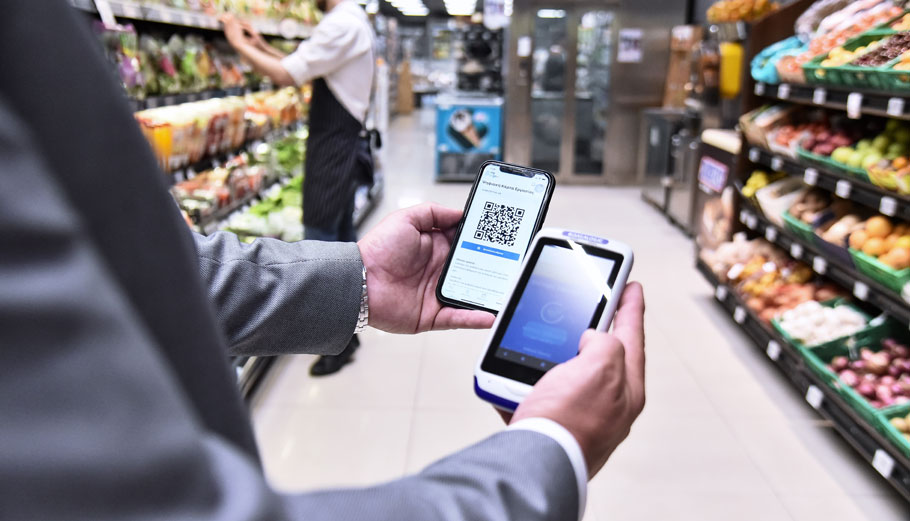
In today's digital age, our contact information is available all over the Internet. But even though their cross-platform use makes our lives easier, special care is needed to keep them safe.
Every time we register for a new service, or when we make an online purchase, for example, we will need to enter information such as an email address or phone number, in order to identify and validate our transactions.
Speaking to the conversation, the digital security expert explained what we need to do to learn the art of… camouflaging online!
What is a personal data breach – risks
A breach of security is one that results in the accidental or unlawful destruction, loss, alteration or unauthorized dissemination of personal data that has been transmitted, stored or otherwise provided for processing.
The risks inherent in the Internet take different forms, and therefore the solutions vary. The most common threat is hackers. They usually try to steal the victims' identity, their money, or both. However, there is still malware. In this case, the user falls victim to some malicious code, such as viruses or spyware.
Another example is social engineering threats. It is also one of the most common types of attacks, which can take many forms, such as phishing or SMS phishing. In this particular case, scammers are taking advantage of human error to gain access to information or services. They work by sending files or emails that appear to be from a known provider such as a bank or telecom company, which users open and hackers gain access to personal data and company systems.
How can you protect your personal data?
Obviously, the risks are much higher than that, and although there is no set formula for security, there are some strategies to help protect your personal data.
- Create strong passwords
When creating a password, think beyond words or numbers that anyone can easily figure out, like your date of birth. Choose combinations of lowercase and uppercase letters, numbers, and symbols and change them periodically. It is also recommended that you do not use the same password on multiple sites. A password manager can help you with this.
- Don't overshare on social media
By posting too many personal details about your life online, you risk putting your personal information at risk. Check your privacy settings so you know who sees your posts and use caution when posting your location, hometown, date of birth, or other personal information.
- Use free Wi-Fi carefully
Most free public Wi-Fi networks have very few security measures in place, which means other people using the same network can easily access your activity. You should wait until you are at home or on a secure, password-protected network before using your credit card online.
- Beware of links and attachments
Certain details, such as misspellings or a different email address than the normal sender, can be an indicator that the email is spam.
- Check if the site is secure
Before entering personal information on a website, take a look at the top of your browser. If there is a lock icon and the URL starts with “https”, the website is secure. There are several other ways to know if a site is trustworthy, such as its privacy policy, contact information, or a “Verified Safe” seal.
- Think about extra protection
Install antivirus, anti-spyware, and firewall software.
Read also: Defiant Georgiadis: Creating Private Universities to End the Left
STASY reiterates the document on Elektrikos vulnerabilities
The war between StE and Chrysochoidis began to remove the Watchtower

“Total alcohol fanatic. Coffee junkie. Amateur twitter evangelist. Wannabe zombie enthusiast.”





More Stories
Microsoft has just created the most spastic weirdness in Word!
Ban on sales of Lenovo and Motorola mobile phones in Germany
Meta: “Update” on WhatsApp – upcoming changes